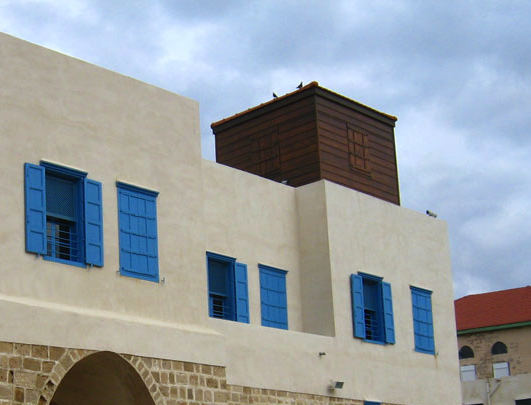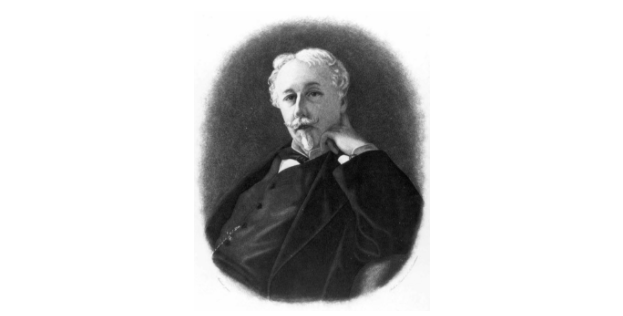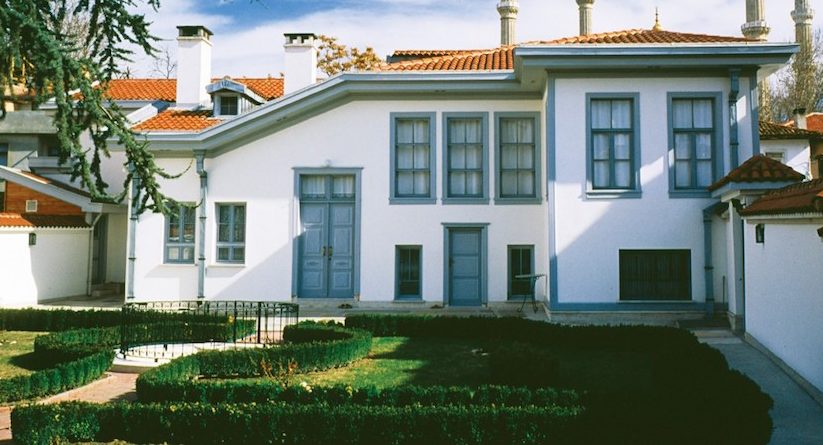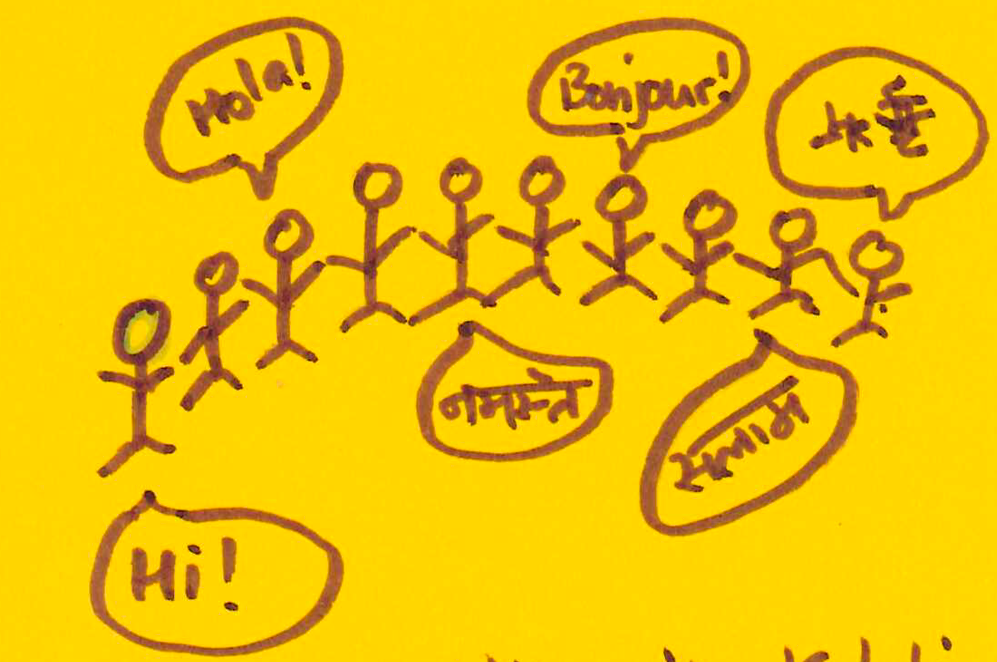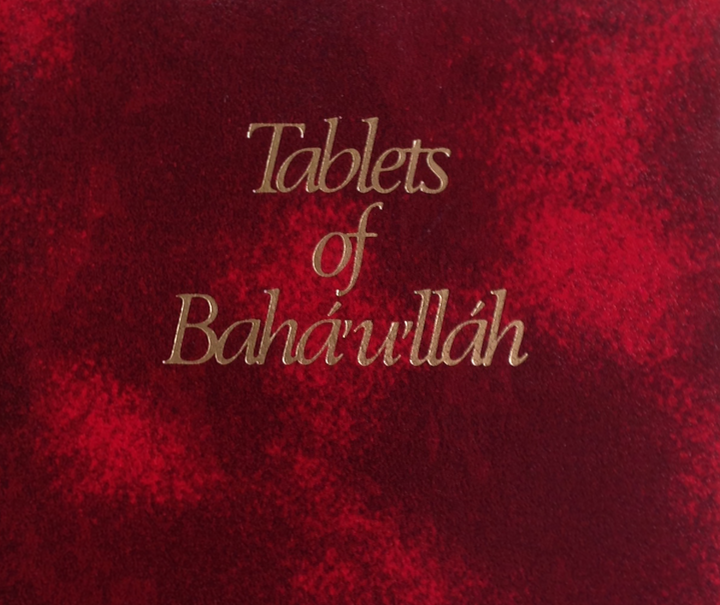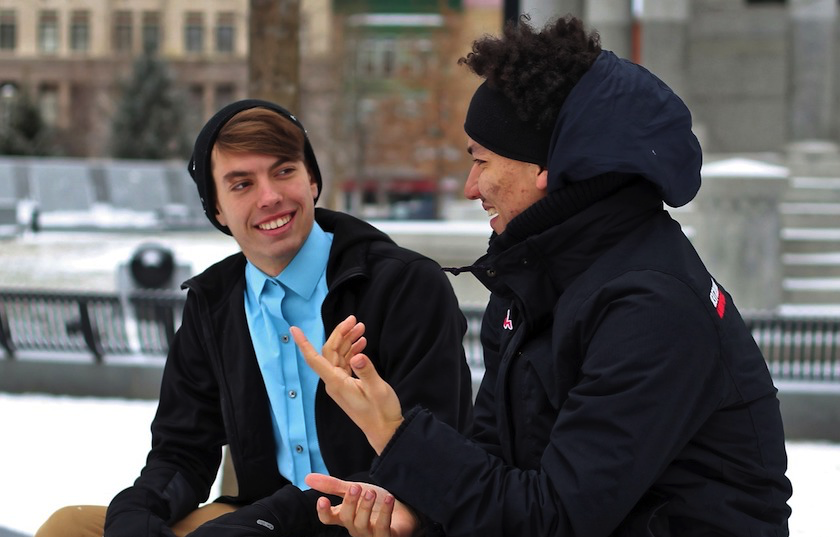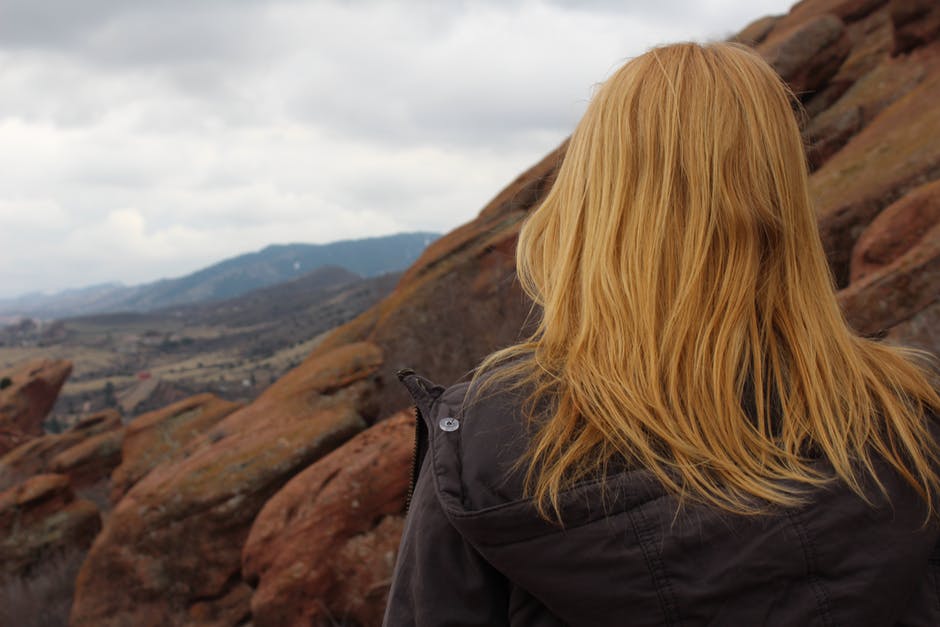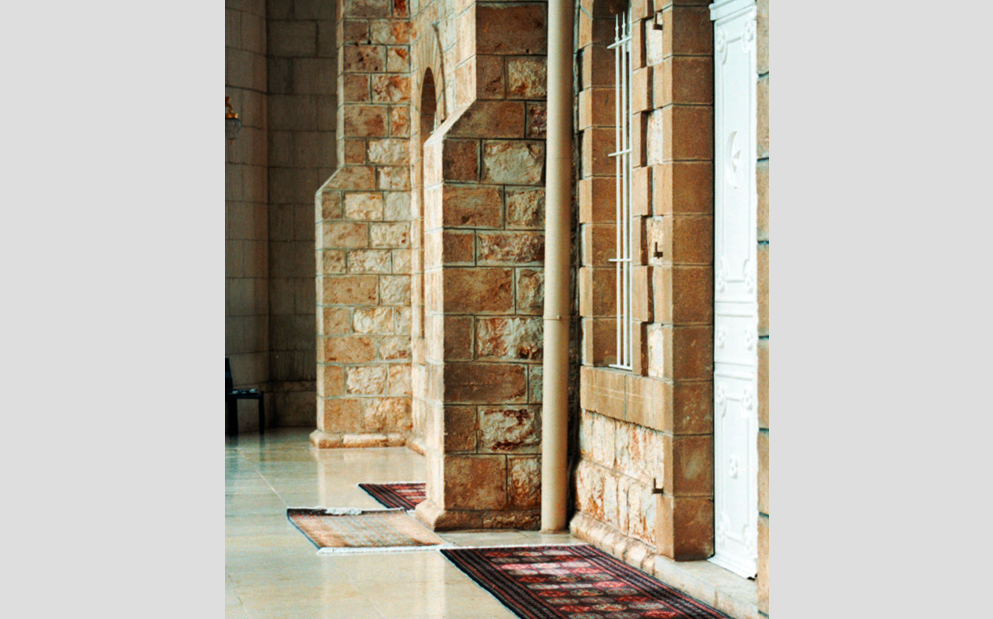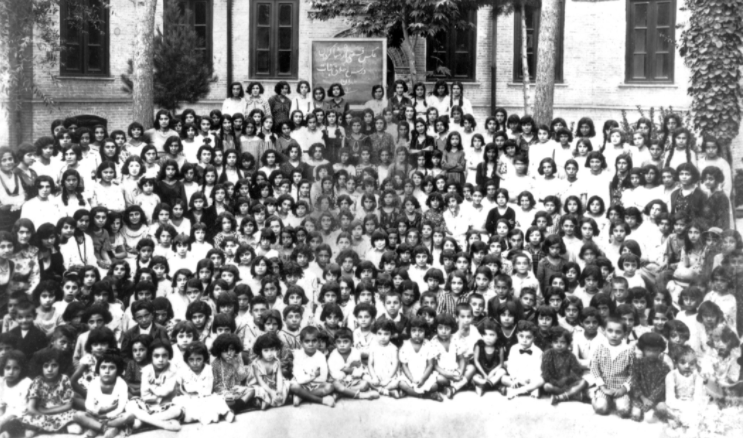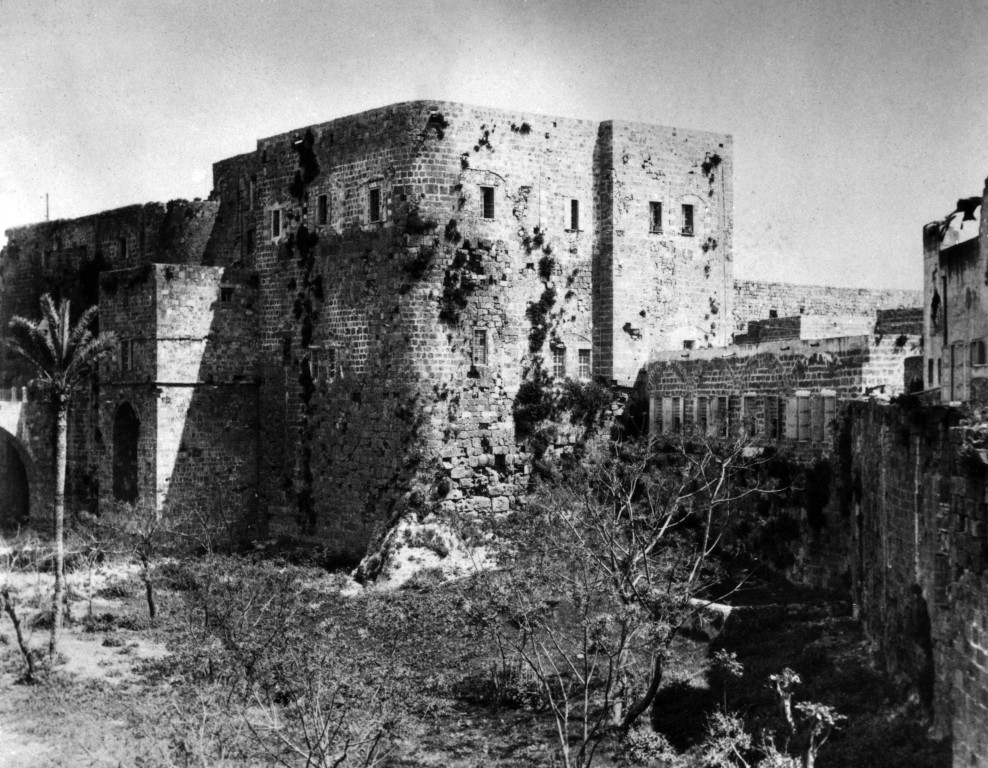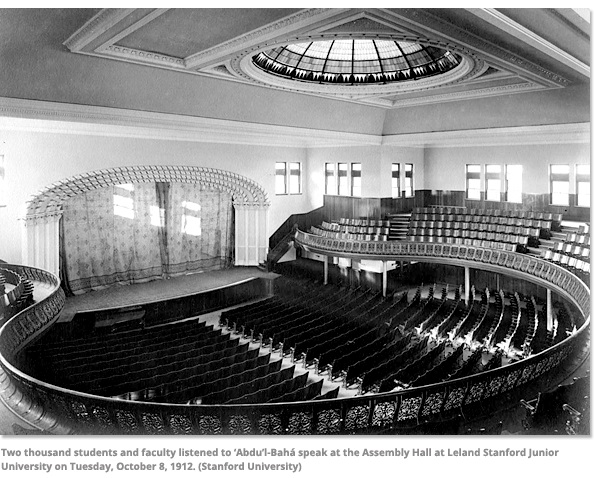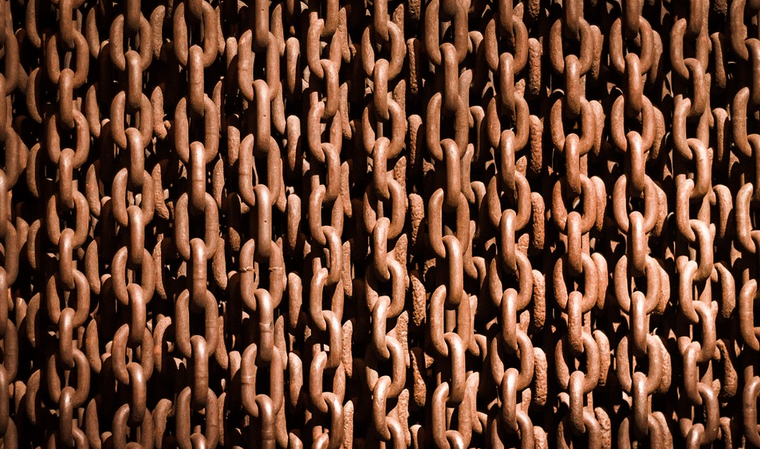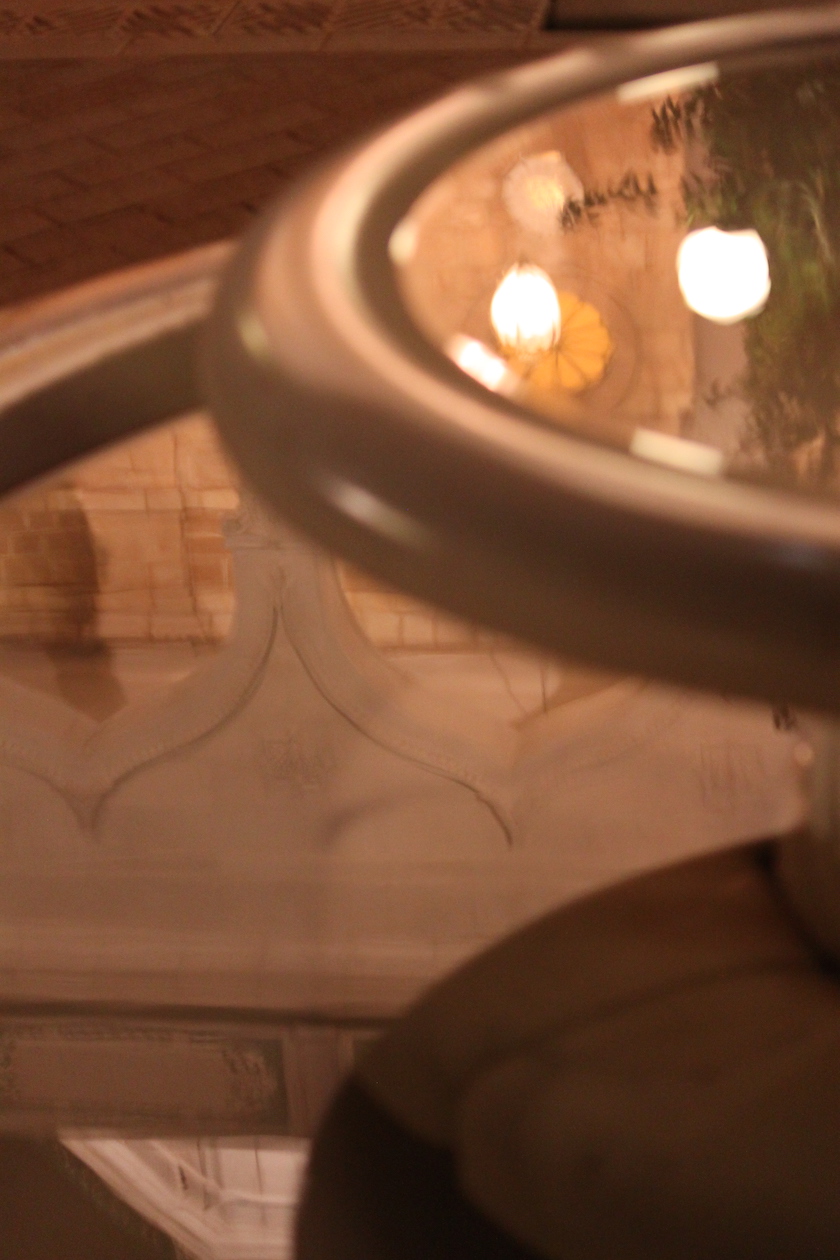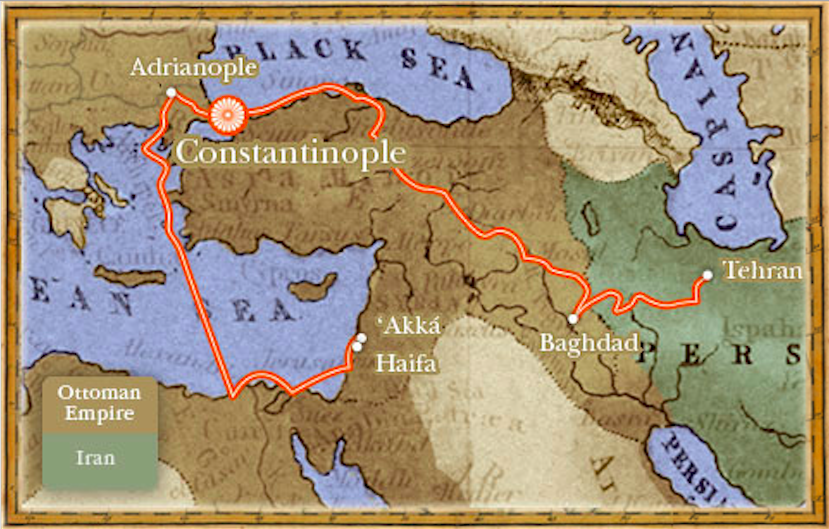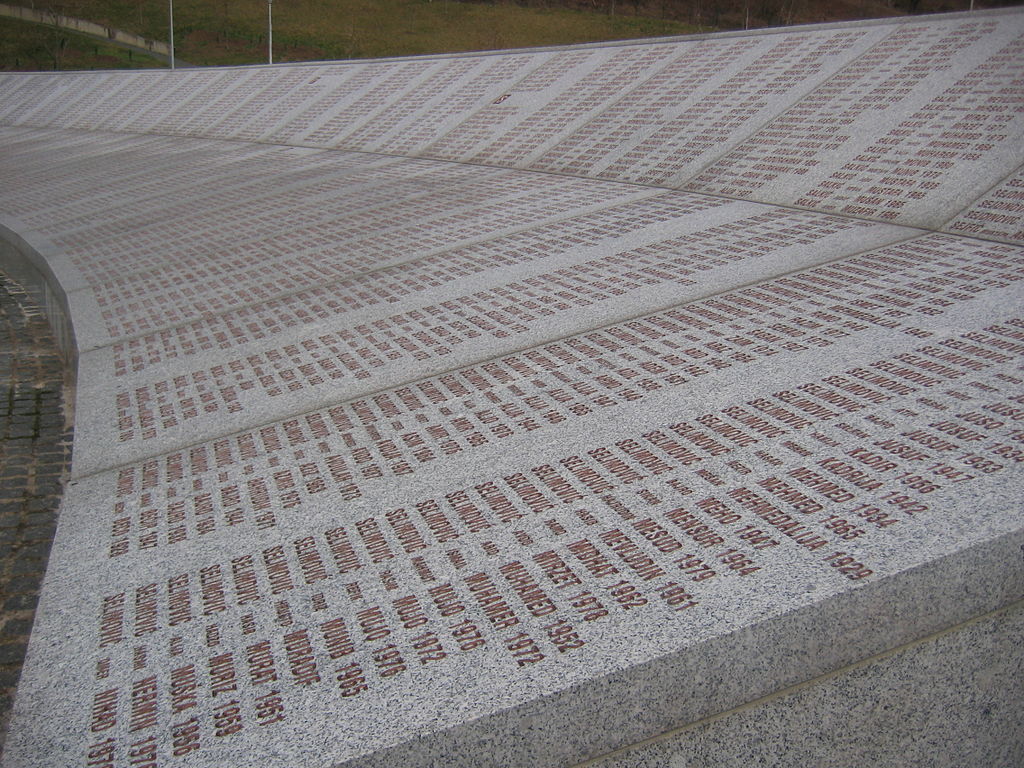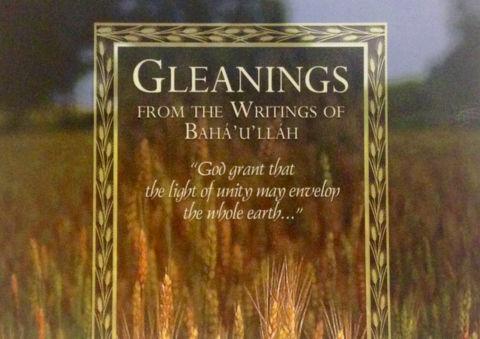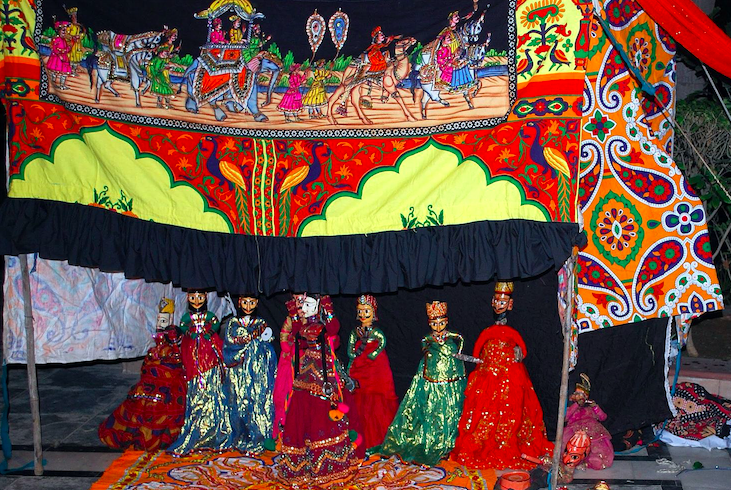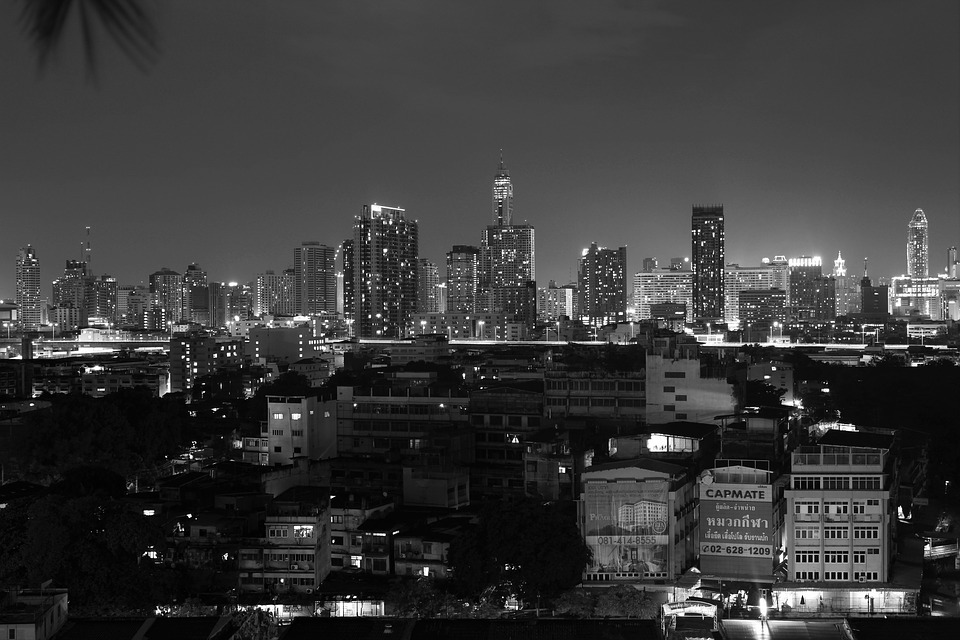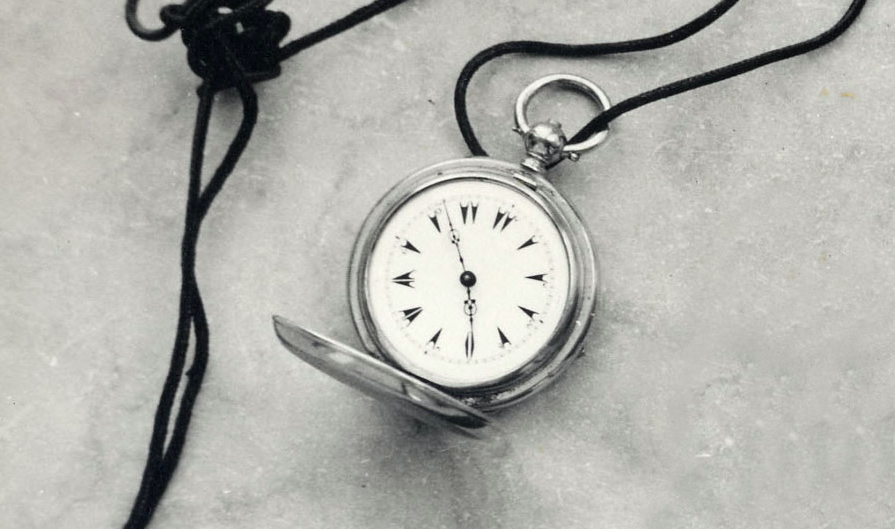-
Human Nature: Hidden Gems and Tempered Steel
Bahá’u’lláh often calls us to rise to the positive potential we have within us. The words he uses evoke a rich imagery of human nature. Regard man as a mine rich in gems of inestimable value. Education can, alone, cause it to reveal its treasures, and enable mankind to benefit therefrom.[1] Or here: Thou art even as a finely tempered sword concealed in the darkness of its sheath and its value hidden from the artificer’s knowledge. Wherefore come forth from the sheath of self and desire that thy worth may be made resplendent and manifest unto all the world.[2] Or here: Out of the essence of knowledge I gave thee…
-
All Things Made New: Humanity’s Coming of Age
Who can doubt that we live in a new age? Our times are profoundly different to the past. So different as to be entirely unprecedented. We live, indeed, at the threshhold of humanity’s coming of age. The inadequate terminologies that capture the “newness” of our times include terms such as the industrial age, the information age, the Anthropocene and modernity. Societies which had undergone relatively little change in centuries or millennia have been entirely reshaped. Relations between the genders have broken out of a strict hierarchy that stretches back to the beginning of agriculture. Relations between government and citizen, likewise, have been entirely reshaped compared to the past. Human equality…
-
Bahá’u’lláh’s Call for a Common Language for the World
We live on the same planet, we breathe the same air, we belong to the same community of humankind. Yet we don’t speak the same language. Often we can’t understand each other at all. Many times we struggle to communicate well. It’s clear enough what an impediment the absence of a common human language is to peace and understanding in the world. Bahá’u’lláh calls for the adoption of such a language. It is incumbent upon all nations to appoint some men of understanding and erudition to convene a gathering and through joint consultation choose one language from among the varied existing languages, or create a new one, to be taught to…
-
Justice and Fairness to All of Creation
Most of the articles so far in this series have been focussed implicitly or explicitly on human concerns and human relationships. However, Bahá’u’lláh’s writings also draw attention to the relationship human beings have with the natural world of which we are a part. For example, Bahá’u’lláh draws attention to the obligations that human beings have to animals. … show kindness to animals….[1] Burden not an animal with more than it can bear. We, truly, have prohibited such treatment through a most binding interdiction in the Book.[2] We may think of the concept of “burden” in a narrow sense of direct cruelty to animals; but that Bahá’u’lláh seems to intend more is suggested by the…
-
‘Abdu’l-Bahá and the Pivot of the Oneness of Humankind
In this series of articles, ‘Abdu’l-Bahá, Bahá’u’lláh’s eldest son, is already a familiar point of reference. We have seen ‘Abdu’l-Bahá in action in his journeys to the West, undertaken in the last decade of his life. During these journeys he promoted principles from his father’s teachings such as the oneness of humanity, the abolition of prejudice, the equality of men and women and the abolition of extremes of wealth and poverty. A description of ‘Abdu’l-Bahá during those journeys gives a sense of who he was: Tirelessly, He expounded the teachings in every social space: in homes and mission halls, churches and synagogues, parks and public squares, railway carriages and ocean liners,…
-
Bahá’u’lláh’s Abolition of Slavery
Bahá’u’lláh came to emancipate human beings from slavery. This statement is true in more senses than one. Bahá’u’lláh explicitly institutes an abolition of slavery in his teachings. It is forbidden you to trade in slaves, be they men or women. It is not for him who is himself a servant to buy another of God’s servants, and this hath been prohibited in His Holy Tablet…. Let no man exalt himself above another; all are but bondslaves before the Lord, and all exemplify the truth that there is none other God but Him.[1] He also freed slaves in practice. Bahá’u’lláh was the son of a noble family of Iran. In his early life, the…
-
On the Origin and Nature of Evil
Bahá’u’lláh’s writings emphasize the “better angels” of human nature: our potential for good. This call to rise to the positive potential inherent in us, coupled with avoidance of judgementalism, has shaped a culture of encouragement and mutual support that frames Baha’i community life. Nonetheless, Bahá’u’lláh also discusses the nature of evil. He calls us to a new understanding of what evil is and how it finds expression in the world. Ancient concepts of “demons” and “satan” are explained as symbols of the fallibility of human nature. This reconceptualization demolishes notions of mythic evil beings beyond human control. At the same time, it underlines our individual and collective responsibility to overcome evil in the world. As ‘Abdu’l-Bahá, Bahá’u’lláh’s…
-
The Sultan’s Puppet Show
Shortly after Bahá’u’lláh was condemned to exile and imprisonment in the prison-city of Akka, he wrote to the Grand Vizier responsible for his banishment. The letter (the Tablet to the Chief) condemns the injustice of the Grand Vizier’s order and warns of his impending demise. Part of the letter is devoted to a brief story from Bahá’u’lláh’s childhood. In the story, Bahá’u’lláh is at a marriage feast being held in his father’s home. As part of the festivities, the puppet show “Shah Sultan Salim” is to be performed. As the play begins, the puppets announce that the Sultan is coming. There is a commotion as the puppets prepare the Sultan’s way…
-
Looking Good – The Ornaments
Dressing up – and decorating in various ways – is a universal human practice. Clothing isn’t just functional. It serves complex social functions; it is used to communicate mood, occasion, status, function and gender. It is sometimes religiously mandated, marking the boundaries of “appropriate” or “modest” clothing. Sometimes such constraints have been the vehicle of oppression, particularly when imposed on women. Bahá’u’lláh abolishes religious constraints on clothing. The choice of clothing and the cut of the beard and its dressing are left to the discretion of men. But beware, O people, lest ye make yourselves the playthings of the ignorant.[1] Instead Bahá’u’lláh has in mind a different kind of human decoration.…



